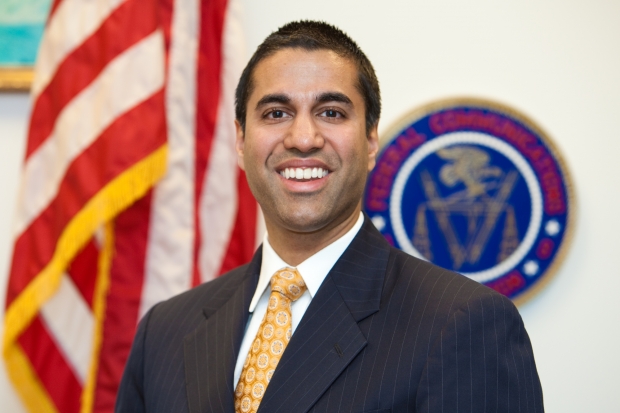During the net neutrality debate, the Big Telcos made the bogus claim that the existing set up was preventing people who are sick or disabled from gaining access to essential medical services they need to survive.
Verizon, for example, has been trying to argue since at least 2014 that the FCC’s net neutrality rules’ ban on paid prioritization - which prevents ISPs from letting deep-pocketed content companies buy their way to a distinct network performance advantage over smaller competitors - harms the hearing impaired.
Comcast lobbyists have repeated the false claim in their attempt to lift the FCC ban on unfair paid prioritisation deals. It claimed people who are sick and/or disabled cannot currently get access to the services they need because of the FCC’s current net neutrality rules. But both the 2010 and 2015 FCC rules carved out massive, obvious exceptions for such services.
Comcast knows this and so do the various groups who represent the sick who need these particular services. But that has not stopped comedy FCC boss Ajit Pai parroting the telcos line.
During a speech in which he tried to defend his agency from the massive backlash to its assault on net neutrality he said: “By ending the outright ban on paid prioritisation, we hope to make it easier for consumers to benefit from services that need prioritisation—such as latency-sensitive telemedicine. By replacing an outright ban with a robust transparency requirement and FTC-led consumer protection, we will enable these services to come into being and help seniors."
But surely Pai knows that the existing rules cover that, after all the body he oversees is supposed to be enforcing these rules.
In fact, in the small print of his own plan the “robust transparency requirements” and “FTC-led consumer protection” are eliminated so those needing those services are stuffed anyway.




